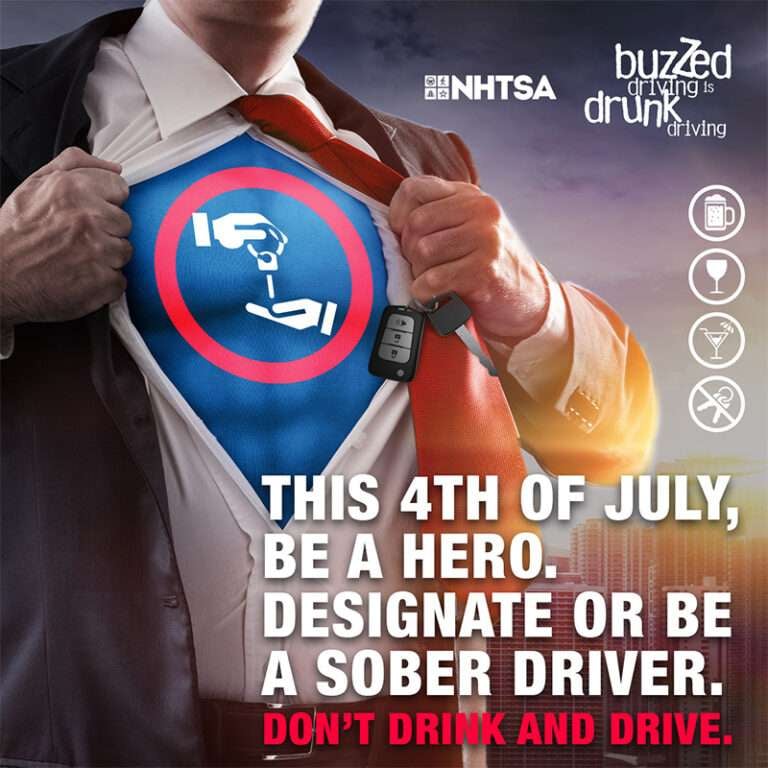This column on bullying in schools will run periodically on the NKyTribune.
By Melissa Martin
Special to NKyTribune
Is empathy and emotional regulation the answer to bullying?
Consider the story of Cinderella. Step into her scuffed shoes as a mistreated and bullied stepdaughter and describe how it might feel to be rejected. Put your foot into the glass slipper and describe how it might feel to be accepted. Now try to step into the shoes of the stepmother who bullied Cinderella and allowed her two daughters to do the same.
Would Lady Tremaine, Drizella, and Anastasia have bullied Cinderella if empathy skill-building had been taught in their village?
An old adage states, “Before you judge me, walk a mile in my shoes.”
Empathy is about putting on the shoes of other people in order to see what they see, feel what they feel, experience what they experience, and understand their view of problems, issues, concerns and situations. It’s about sensing the pain of others and letting them know that you care and share their humanness and hurts. Of course, we cannot totally experience what’s on the inside of another human being and we cannot feel their exact emotions, but we can try to put on their glasses for a while and try to see the world as they see it.
Being empathetic does not mean we have to condone mistreatment of others, violence, or an invalidation of human rights. We can evaluate a person’s behavior as right or wrong without judging the person’s worth as a human being. Empathy says the bully needs help as well as the victim. However, bullies still need to be held accountable and need to make restitution.
Definitions of Empathy
“Empathy is the ability to identify with another person’s feelings. The ability to see and feel things as others see and feel them is central to competent parenting and successful social relationships in all stages of life,” writes Mary Gordon, founder of Roots of Empathy.
Empathetic responding is about being able to step into another person’s shoes without judging, criticizing, accusing and condemning the individual. Empathy is about trying to understand a person’s opinion, ideas, desires, needs, wants, perspective, values, moral code, interests, personality traits and attitude without thoughts of superiority and disgust.
Emotional Regulation
“Emotions matter, and they matter a great deal in school… Emotions also are at the heart of bullying—a major public-health problem facing our nation’s schools,” says Marc Brackett and Susan Rivers, authors of RULER, a program designed to teach skills for recognizing, understanding, labeling, expressing and regulating emotions.
RULER school communities write an “emotional intelligence charter.” The mood meter tool builds emotional self-awareness by helping everyone gauge their feelings throughout the day and helps to develop self-regulation strategies. The “Feeling Words Curriculum” empowers students and teachers to describe the range of human emotions. Click here to learn more.
Brackett and Rivers define emotional intelligence as the ability to recognize emotions in self and others; understand the causes of emotions and their consequences for thinking and behavior; label emotions with a vocabulary; express emotions in socially appropriate ways; and regulate emotions effectively.
Five abilities comprise emotional intelligence according to Daniel Goleman: knowing our emotions, managing our emotions, motivating ourselves to achieve our goals, recognizing emotions in others, and managing relationships with others.
Roots of Empathy, an evidence-based classroom program, has shown significant effect in reducing levels of bullying and aggression among schoolchildren by raising social/emotional competence and increasing empathy. The program reaches elementary schoolchildren from kindergarten to grade eight. Nine separate studies have shown that Roots of Empathy has helped reduce bullying at school and increased supportive behavior among students. Click here for more information.
Resource
Sticks and Stones: Defeating the Culture of Bullying and Rediscovering the Power of Character and Empathy, a book by Emily Bazelon, interviews three victims and their bullies.
Melissa Martin, Ph.D., is a child therapist, consultant and educator in Appalachia.




















How very true, Dr. Martin. We spend more time and money on teaching young people about math they will never use and history that does not shape our world and spend no time or money teaching empathy and sympathy lessons that affect people a lifetime. As our world becomes more digital, this learning becomes more important, because we are losing our emotional connections.
Thank you for sharing your thoughts.
Alan Eisenberg
Founder / Managing Director
Bullying Recovery, LLC
http://www.bullyingrecovery.org